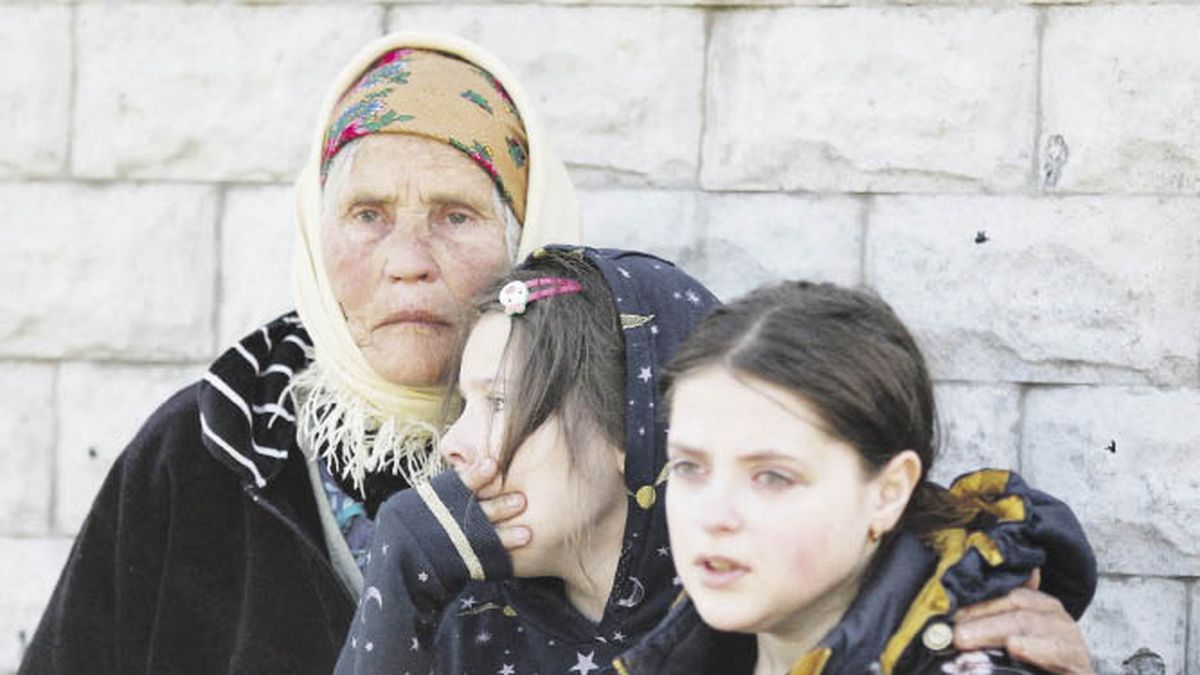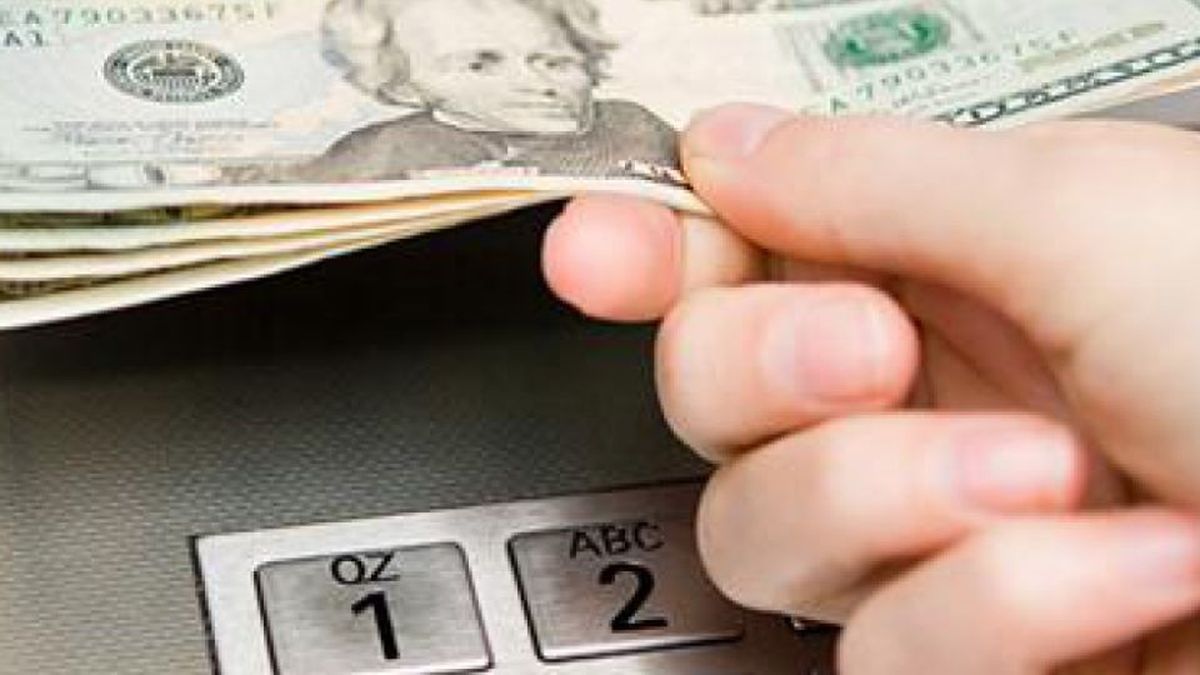In a press conference at the end of the meeting, the European Commissioner for Energy, Kadri Simson, said that the Russian demand to receive payments in rubles is a “unilateral and unjustified modification of the contracts, and therefore it is legitimate to reject it”.
According to Simson, approximately 97% of the contracts signed by European companies for the purchase of Russian gas and specifying the currency of payment refer to the euro or the US dollar.
The official said that the payments that must be made in mid-May will be made “with respect to the contracts” and warned: “We must prepare for a suspension of supply.”
The energy manager of the European Commission (EC) also reported that at the request of the ministers themselves at the meeting, the EC “will provide a more detailed guide on what companies can and cannot do within the framework of sanctions ”.
Blackmail
Last week, in a move described by the EU as
like “blackmail”, the energy giant
Russian gas Gazprom cut off gas supplies to Bulgaria and Poland after President Vladimir Putin said “enemy” countries should start paying for it in rubles, Russia’s currency.
Bulgaria and Poland refused, like most EU countries.
More Gazprom bills are due on May 20, and the bloc fears Russia could turn off more taps then.
In that sense, Simson warned that Gazprom’s action “clearly shows that they are not reliable suppliers and that means that all member states must have plans for the total interruption” of their supplies.
The 27 EU countries import around 40% of the gas they consume from Russia. But some member countries, notably Hungary and Slovakia, are more dependent than others on Russian supplies, and support is emerging for a gradual implementation of the oil embargo.
France’s Ecological Transition Minister Barbara Pompili, whose country holds the EU’s rotating presidency until the end of June, said all countries agreed “that we must implement the sanctions and respect the contracts. And the contracts clearly state payment in euros.”
Despite the pressure, the EU has some leverage in the dispute, paying Russia $400 million a day for gas to Moscow. As part of its sanctions against Russia for the invasion of Ukraine, the EU has already approved a ban on Russian coal imports, but also banning Russian oil and gas has proven more difficult, given the degree of dependence on Russia for energy by many. bloc countries, especially Germany, which is its largest economy.
At the meeting in Brussels, Poland yesterday urged its partners in the bloc to unite and impose extensive sanctions also on Russia’s oil and natural gas sectors for the invasion of Ukraine, and not give in to pressure to pay for its gas in Russian rubles. .
The EU has hit Russian officials, oligarchs, banks, businesses and other organizations with a series of sanctions since Moscow ordered the invasion of Ukraine in February.
The EC is working on a sixth round of measures, possibly including oil restrictions, and could announce them this week. The measures would have to be approved by member countries, which could take several days.
Germany has already warned that EU consumers should brace for a big economic hit and higher energy prices, as Berlin said it was willing to back an oil embargo to punish Moscow for its war against Ukraine.
German Economy Minister and Deputy Chancellor Robert Habeck said Russian oil now accounts for 12% of German imports, up from 35% before the war.
Europe was prepared to bear the strain of reducing the use of Russian crude, Habeck said, but the move must be properly prepared and must take into account the high dependence of some EU countries on Russian supplies.
At the meeting in Brussels, EU energy ministers discussed the long-awaited sixth package of sanctions against Russia that Brussels is drafting, diplomatic sources quoted by AFP said.
The sources specified that it will include a gradual oil embargo against Russia to take effect at the end of the year.
EU ambassadors, who are due to meet on Wednesday, would have to unanimously agree to any commission plan for it to come into force.
Source: Ambito
David William is a talented author who has made a name for himself in the world of writing. He is a professional author who writes on a wide range of topics, from general interest to opinion news. David is currently working as a writer at 24 hours worlds where he brings his unique perspective and in-depth research to his articles, making them both informative and engaging.




